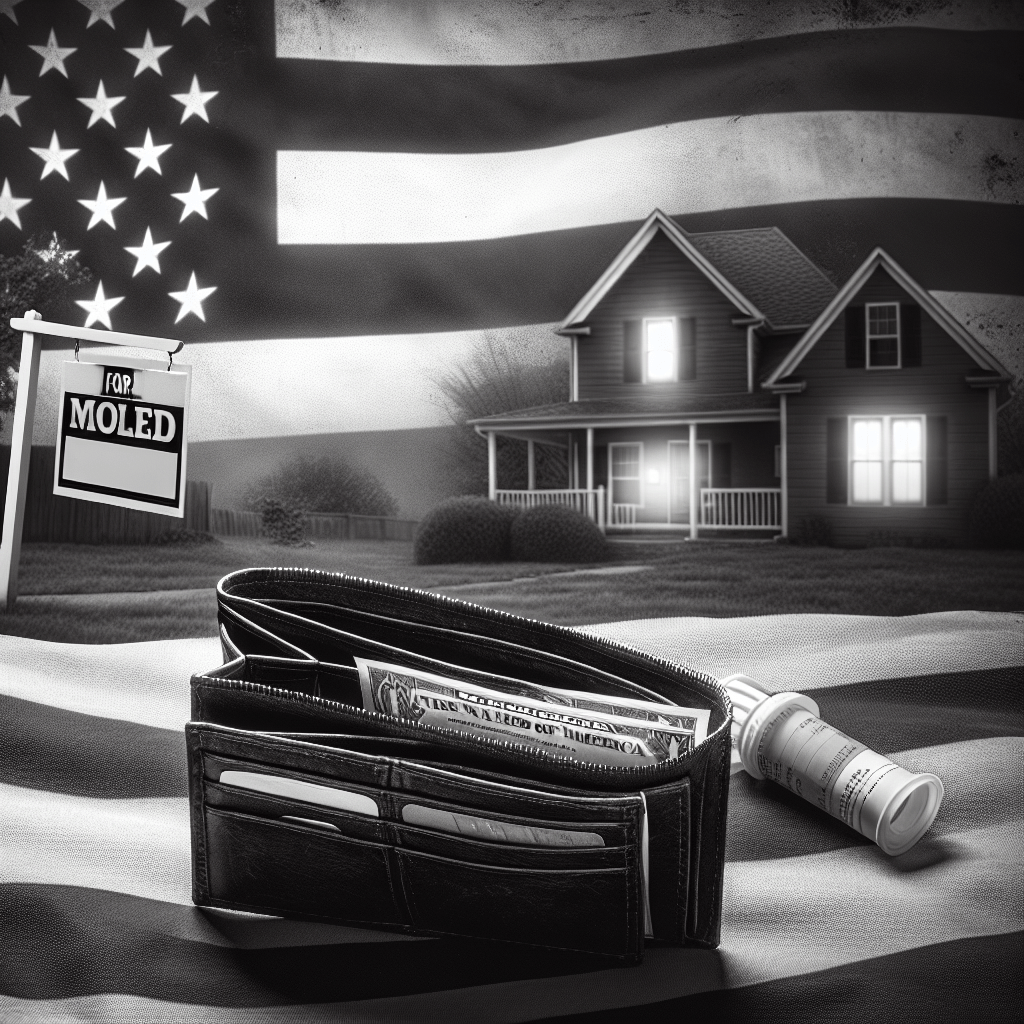The American Nightmare: A Comprehensive Exploration of Socioeconomic Challenges and How They Affect the Dream
In the cultural and social fabric of the United States, the phrase “American Dream” conjures images of opportunity, prosperity, and equality for all who reach its shores or are born within its borders. However, beneath the gilded promise lies a starkly contrasting reality experienced by many
Socioeconomic Challenges Undermining the American Dream
Disparity in Wealth Distribution
One of the most noticeable facets of the so-called American Nightmare is the significant wealth disparity across the country. The top 1% of Americans hold a disproportionate share of the country’s wealth, which has been growing larger in contrast to the stagnating or even declining wealth of the middle and lower classes.
Healthcare Woes
Healthcare is a ladder to opportunity as much as it is a fundamental need. In America, access to healthcare remains uneven with tens of millions uninsured or underinsured. The costs associated with health care can bankrupt families and create an entrenched barrier to social mobility.
Educational Barriers
Despite being home to some of the world’s leading universities, the U.S. education system is rife with inequality. Educational disparities often start early and are significantly correlated with zip codes, essentially meaning affluence defines access to quality education more than talent or hard work.
Effects of Climate Change
Increasingly sequential and severe weather events associated with climate change can be a nightmare for many Americans, particularly those without the resources to rebuild their lives following natural disasters.
Criminal Justice and Incarceration Rates
The U.S. criminal justice system holds the largest prison population globally. Issues such as mass incarceration, racial profiling, and sentencing disparities have severe lifelong effects on entire communities.
Affordable Housing Crisis
Safe and stable housing is becoming increasingly out of reach for many. Skyrocketing rents and stagnant wages have led to a fragile house market where even those with full-time jobs struggle to find affordable housing.
Political Polarization and Social Divides
Intensifying political division exacerbates national anxiety. It generates an environment where communal unity and bipartisan solutions seem like distant dreams, often fueling feelings of despair and isolation instead of solidarity and hope.
The Personal Toll: Mental Health and Well-being
Individual well-being thrives on stability and optimism about one’s future — commodities in short supply for those facing endless economic insecurity. Depression, anxiety, lack-fueled drug abuse, and rising suicide rates are often heartbreaking indicators of the “American Nightmare”.
Effects on Different Demographics
Impact on Children and the Youth
Children born into low-income families face harsher futures than their affluent peers. From food insecurity to limited educational resources, the impacts are felt strongest by society’s youngest.
Racial Disparities in Economic Hardship
Systemic racism influences factors from homeownership rates to employment opportunities for minorities. Racial inequality firmly places disproportionate numbers of African Americans, Hispanics, Native Americans, amongst others, at a profound disadvantage in fulfilling their share of the American Dream.
Women in the Workforce
After decades of societal progression toward gender equality, women continue to face hardships unique to their demographic — from wage gaps to increased risks of poverty upon retirement.
Seniors and Retirement Insecurity
While supposed to enjoy retirement benefits birthed through a lifetime of work, many seniors face financial uncertainty due to pension shortfalls or insufficient savings — often a result too of systemic lifetime inequities.
How Policy Can Respond
There remains robust debate over how government policies could best address these serious challenges fostering the American Nightmare. Discussions gravitate around progressive taxation, affordable health care for all citizens, investment in public education that ensures more equitable outcomes regardless of one’s zip code; reforms in criminal justice; strong climate change mitigation strategies; affordable housing incentives; programs aimed at enhancing economic opportunities for poor children; corporate regulations; and income support mechanisms such as an expanded earned income tax credit or unemployment insurance that could serve as buffers against economic instability.
Notes
Finally, it’s critical to recognize that while understanding these issues represents one facet of addressing them, taking collective action defines whether or not such nightmares can transition back into dreams for those affected by these myriad challenges.
